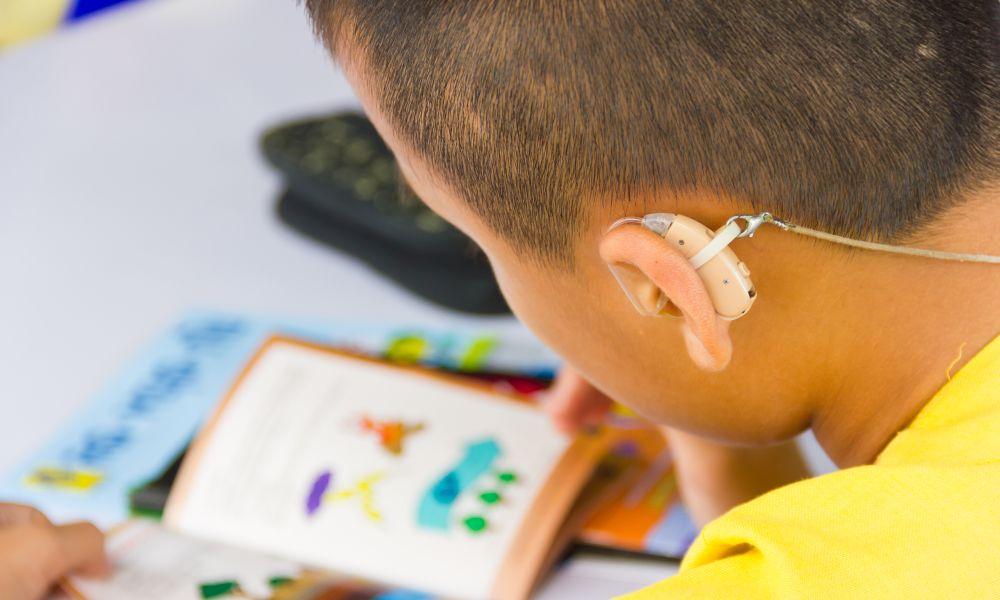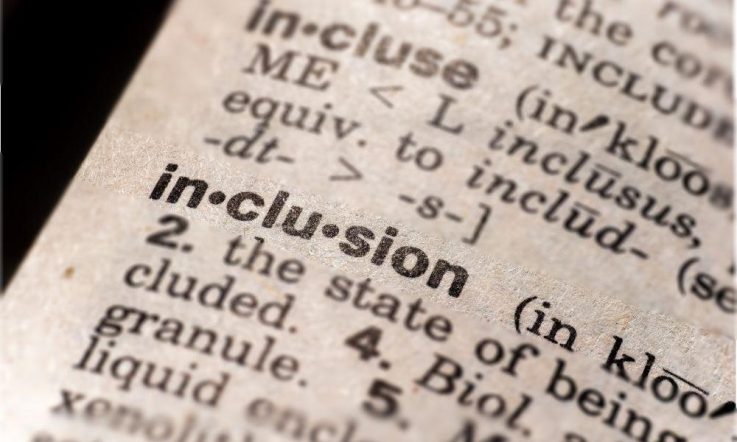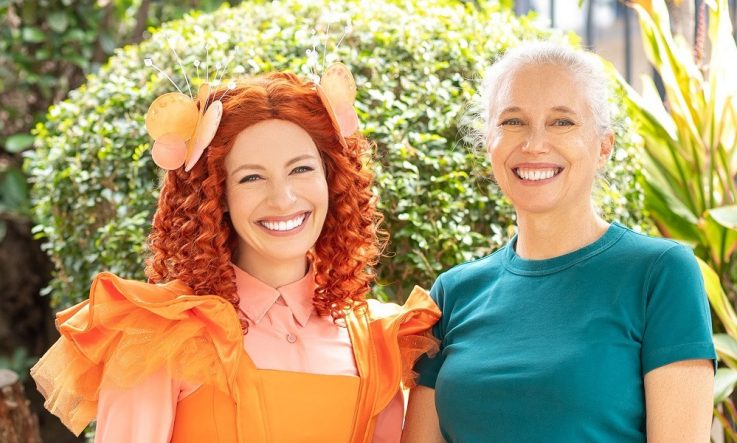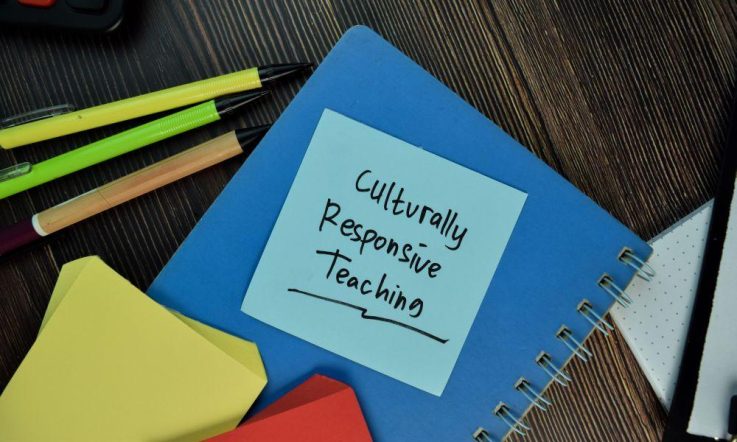A new survey from Deaf Children Australia (DCA) hopes to inform the development of resources that better support deaf and hard of hearing (DHH) students in regional schools. Teacher spoke to DCA CEO David Wilson about the concerns parents of DHH children have raised, and what teachers can do to create a more inclusive school environment.
Do you have deaf and hard of hearing (DHH) students in your school or classroom? What are their needs and how do you go about providing an inclusive environment for them? Deaf Children Australia (DCA) wants teachers, leaders and parents of DHH children to get involved in its Building Bridges survey, so it can use the data to inform creation of school resources.
It’s a continuation of DCA’s 2021 Flying Colours survey, which found, among other things, that parents of DHH children in regional Australia were concerned with the limited support for DHH children in mainstream primary schools – an area which the DCA says has some of the greatest need.
‘More than 85% of DHH children are in mainstream school settings,’ CEO of Deaf Children Australia, David Wilson, tells Teacher. ‘… in Victoria, there are 13 [Government schools with a deaf facility] in metro Melbourne and 5 in the regions. That’s it.’
DCA hopes to use the survey feedback to create new resource that will help regional schools better meet the needs of DHH children in their communities.
‘Families often have to move to the metro area to access the right kinds of support and I just don’t think that’s right,’ says Wilson.
Concerns of parents of DHH children
‘The primary concern is language development and the developmental domains that rely on timely language acquisitions such as cognition and socioemotional development.’ Without an inclusive learning environment, Wilson adds, DHH students are ‘always playing catchup.’
Other parent concerns include things that we often take for granted. ‘The ability to play sport and get involved in activities … parents just want their kids to be involved.’
Feedback from teachers
From the feedback DCA has received so far, the message is overwhelmingly that teachers don’t feel they have adequate deaf awareness resources or knowledge – but there is a strong desire to learn.
Wilson says 9 out of 10 teachers (91%) that have responded to the survey say they have limited to moderate skills when communicating with DHH students, and 83% confirmed the need for resources that include deaf awareness training.
‘I just take that as “yes, we don't understand … but just help us to understand better so that we can do our bit.” I genuinely think that teachers really want to help,’ he says.
What help will there be?
Wilson says exactly what comes out of this survey in the way of resources will depend on the feedback DCA receives.
The hope is that it will help DCA direct its resources more effectively and provide support in the ways teachers want them and the ways DHH students in these schools want them to – something that isn’t always easy to get right.
‘We provide family camps and youth activities in three states and a broad range of other work to foster inclusivity, but it’s difficult to get right in there and see what’s going on in the schools … we don’t have the resources to go into every school,’ Wilson explains.
What can schools do in the meantime?
There is plenty that schools can do now. Wilson says DCA already has some great resources and projects you can utilise, and you can always contact them for more specific help, such as running teacher professional learning days.
He adds there are also some general things schools can be doing to better support deaf and hard of hearing students:
Create an inclusive school culture: Simple things like having Auslan posters around the school and providing some context around deaf awareness and understanding to the other students in the class helps provide a more inclusive space. Additionally, teachers can take short courses to lift inclusive skills and tactics (you can contact DCA for support accessing these).
Make everyday activities inclusive: ‘[DHH children] have a right to be involved in everything and anything that they choose to do,’ says Wilson. Providing some deaf awareness training to your school sports teams, or connecting DHH students to inclusive sports clubs in the community, can help DHH children feel welcomed into these spaces. The DCA’s Blueprint program, for example, has already provided free resources and support to footy and tennis teams, chess and go karting clubs, and more. And, if your school offers swimming lessons, whether onsite or through a community partner, the DCA says that using Puggles Swim certified instructors means DHH students can more comfortably join in.
Make your classroom conducive to their learning: When it comes to practical classroom advice, Wilson says it’s about considering things like limiting background noise during lessons and ensuring you are well lit so your gestures and expressions can be easily read. It’s also about finding subtle ways of checking in on DHH students. ‘Teachers are really good at finding ways to get the kids to check their understanding without making them feel like they’re on a rock!’
Remember that each student is unique: Ultimately, Wilson points out that to provide the best support, the DCA needs to know both the school context and the individual student. ‘We’ll get a true picture about what the status of the school is, what funding it has. We need to know the [DHH] kids, what their devices are, because what type of device they have can determine what kind of assistive technology can be employed.’ Some solutions could involve teachers wearing microphones that students can connect to via Bluetooth, or some schools are using live captioning technology. But again, Wilson stresses that it’s crucial to understand the student first – for example, knowing their reading capability. ‘… we can have all these captions, you know, it’s wonderful technology, but if the kid’s not reading all that well [it won’t be helpful for them].’
Think about your own experience with DHH students. Do you have adequate training in this area? Is undertaking deaf awareness training something you’ve considered?
Do you have any students in your class with additional or unique needs? How do you go about providing an inclusive environment for them?
David Wilson raises the point in this article that many parents of DHH children just want their kids to be included. Does your school strive to make mainstream activities, such as sports teams and clubs, inclusive?



